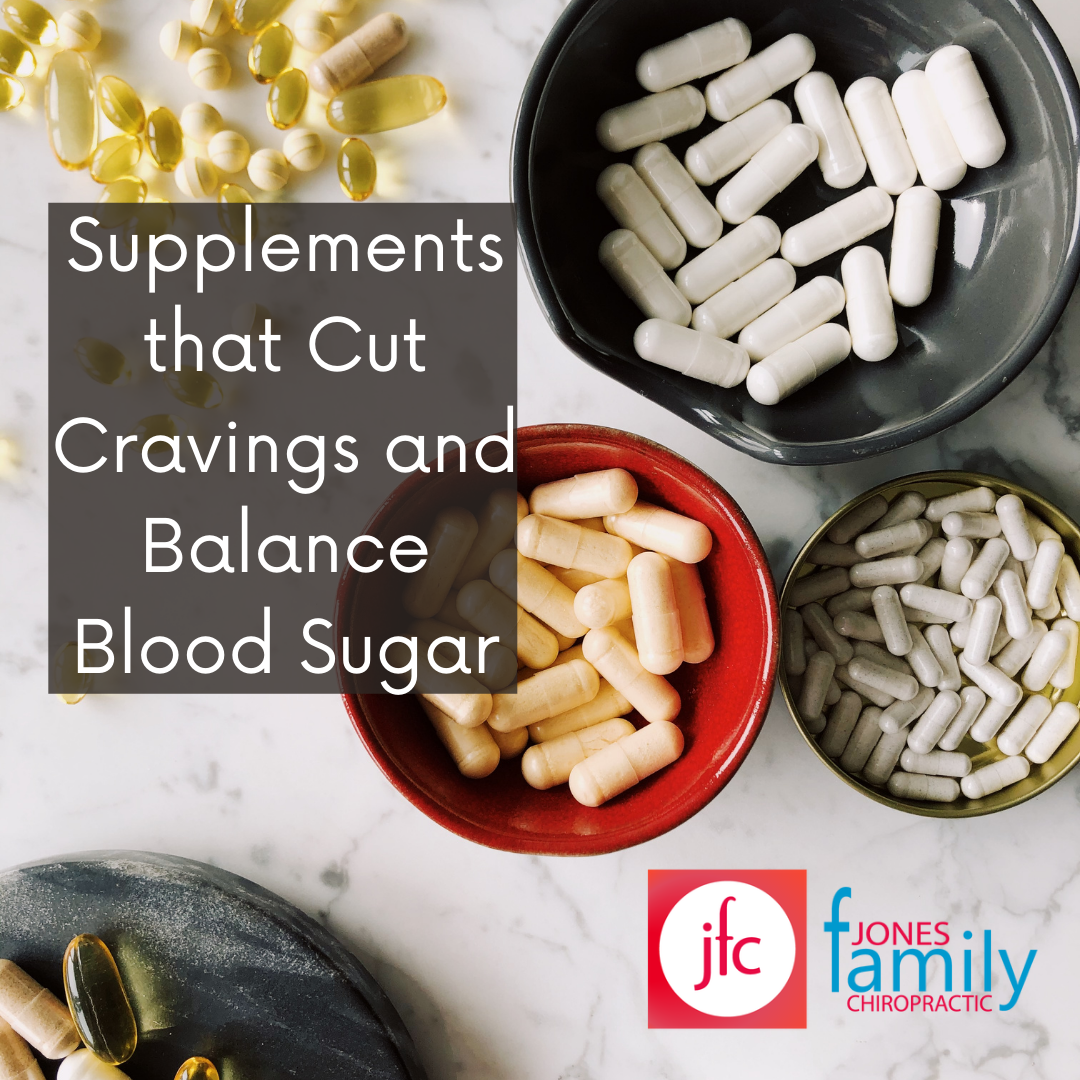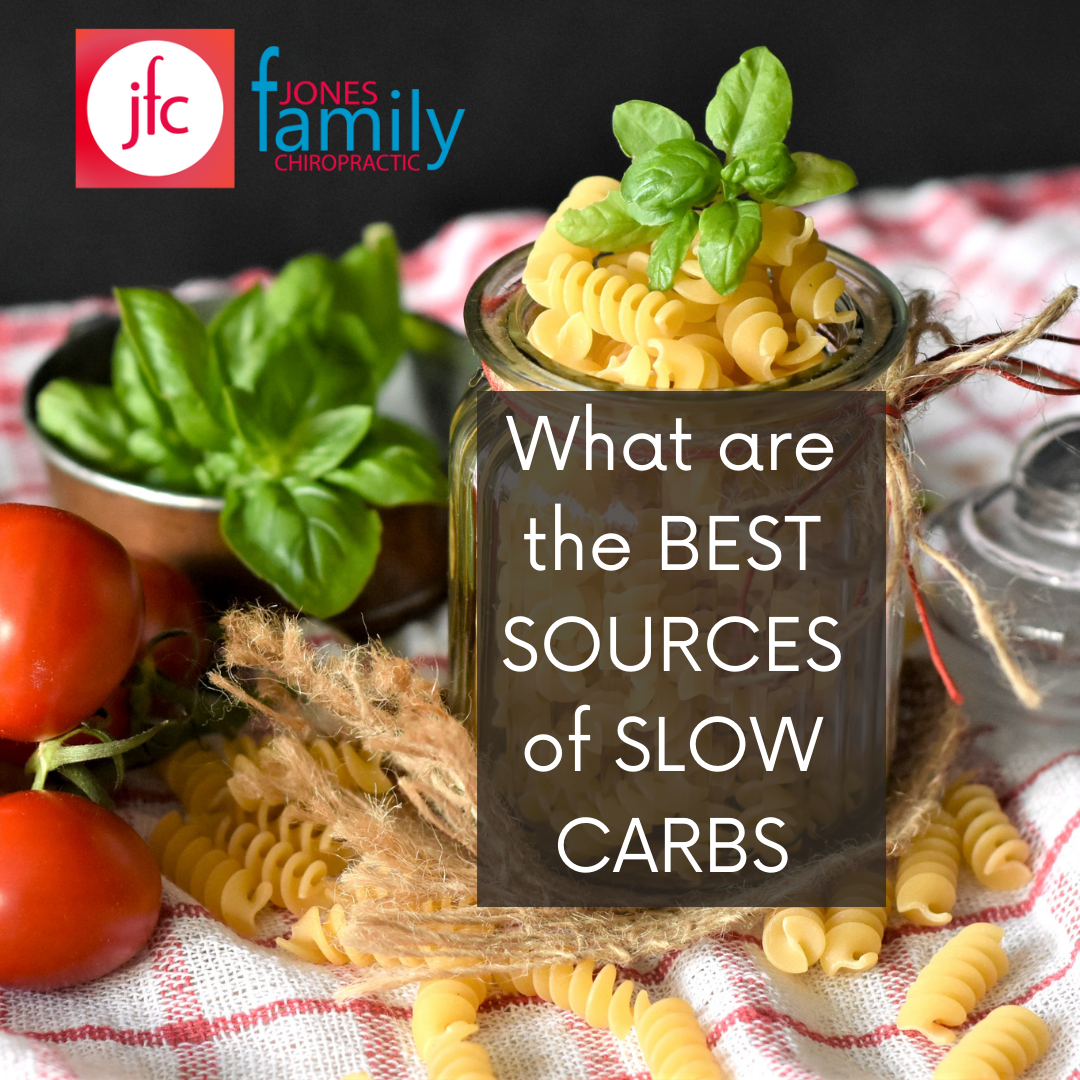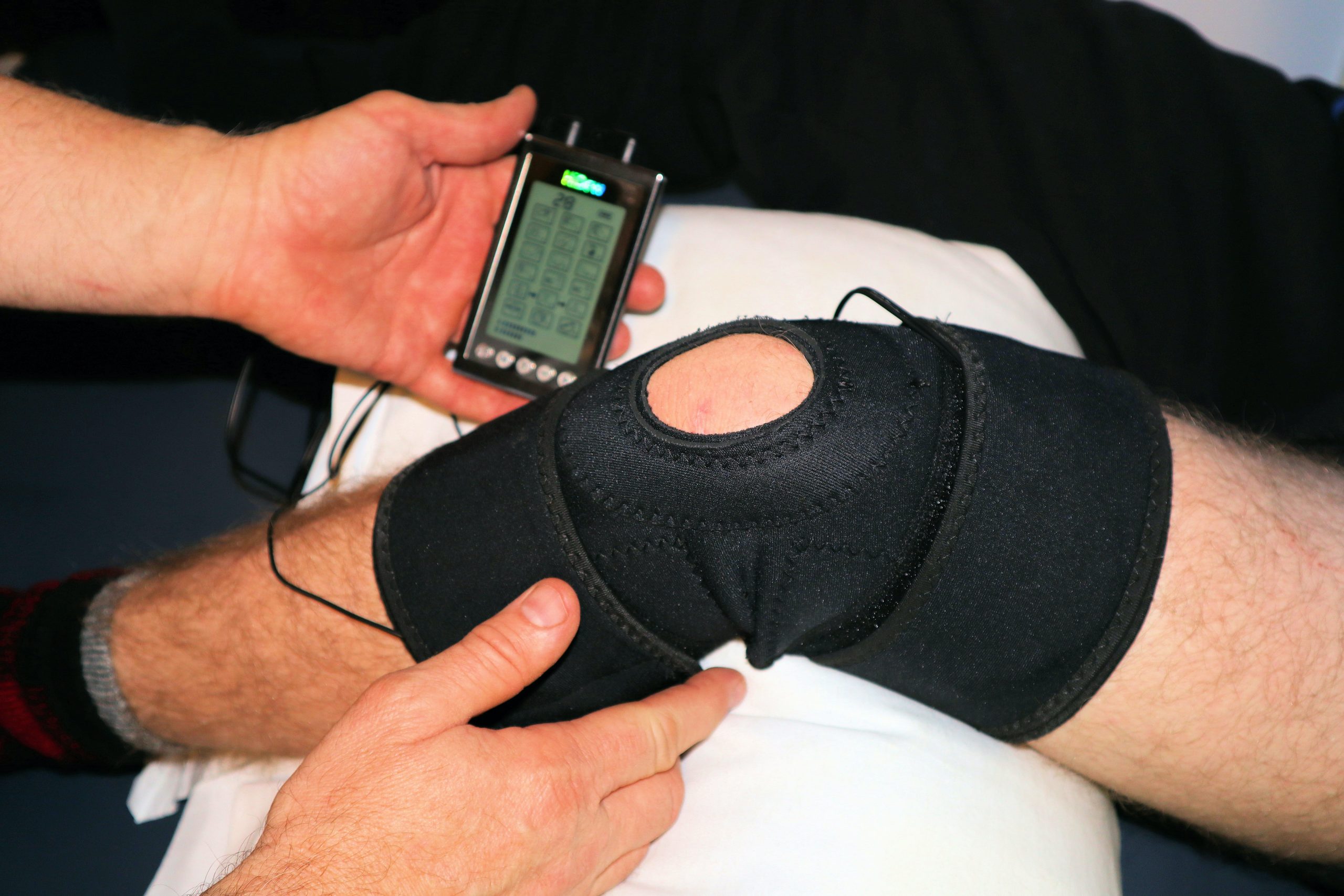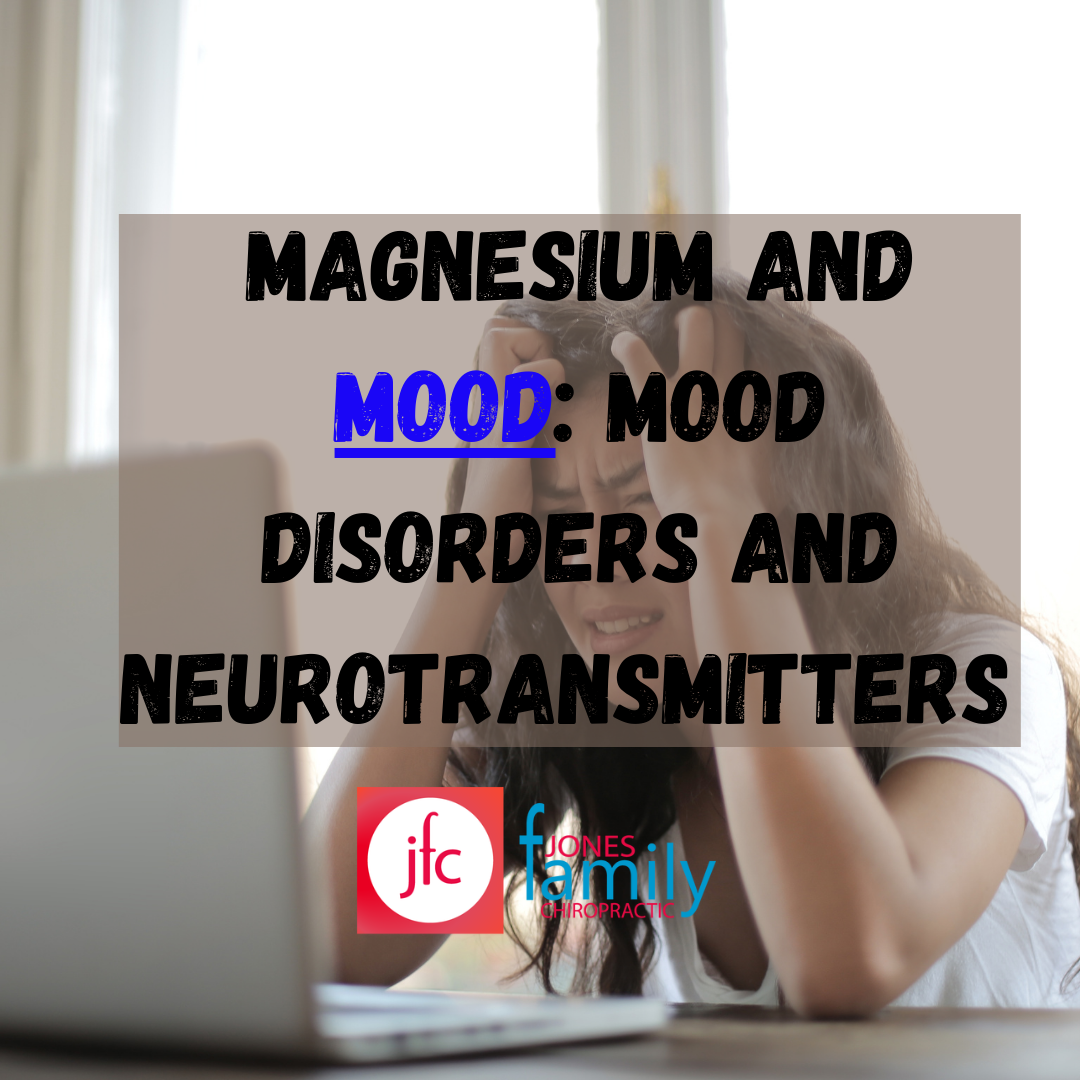Zinc: What is it, how does it help? Dr. Jason Jones Elizabeth City NC, Chiropractor
You certainly would have problems with wounds and cuts on your body if you do not get enough zinc. However, zinc has other essential benefits in the body, including the immune system and metabolism support, and other functions we shall show you in this article. What is zinc? Zinc is an essential micronutrient needed for overall growth and development in humans. This nutrient is important and you can only get it through foods, such as meat, beans, meat, and fish. Low levels of zinc in your body can put you at risk of disease and illness. This shows that zinc is needed in an adequate amount to support your immune system and other functions. And it plays a key role in childhood growth and development. More so, zinc has antioxidant properties. Let’s move on to discuss the benefits of zinc.










